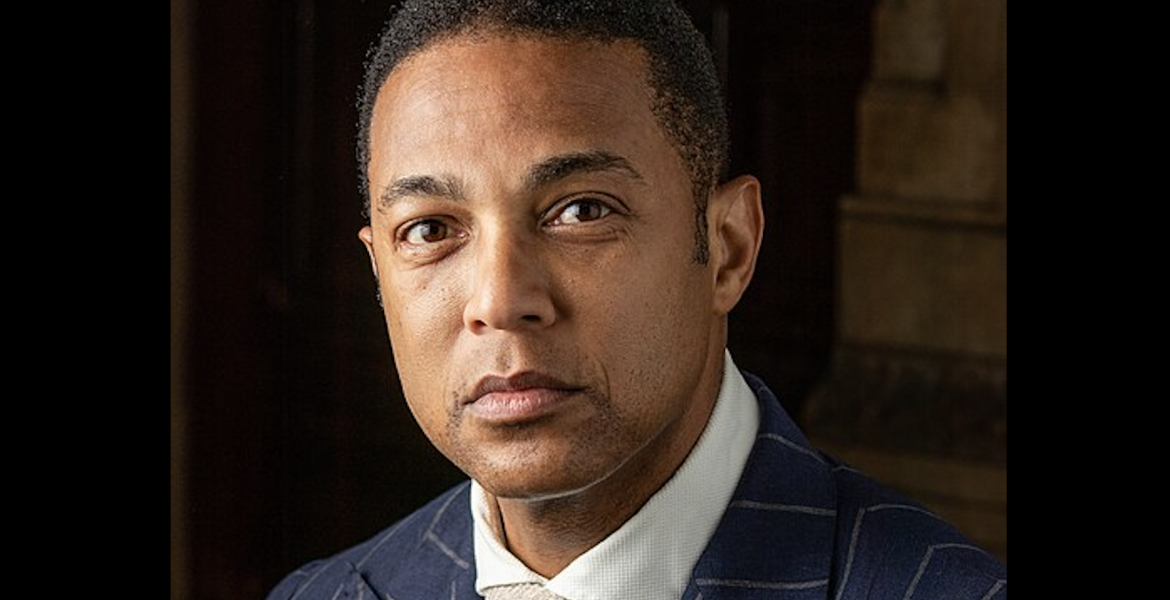Japanese animation, or anime, is growing in popularity for millennials across the world. The different life lessons enthused in anime has also caught the attention of many age groups in the U.S., and it's not uncommon to see anime now filling the shelves of movie sections in stores across the nation. Although anime has only recently started to grow in popularity, it has always been a source of entertainment for many fans who relate to these stories. The story, character development, and overall emotional connection that a viewer can relate to in this Japanese story telling art form are the elements that make anime a popular hobby.
One popular anime that is known across the globe is Dragon Ball Z (DBZ). It tells the story of the heroes dubbed “Z Fighters” who protect the Earth from various evil villains. This is normally done by yelling loudly and hitting the bad guys harder than they can hit the heroes. The story would be bizarre to hear if you hadn’t watched anime before, but DBZ brings a light-hearted story that begins with a warrior who was thought to have no potential by his fellow people. However, he eventually overcomes this perception and becomes the savior of Earth on more than one occasion.
Millennials associate with this anime, and many have been watching it since they were children. Tyler Watson, a student at Angelo State University, mentioned that he watches DBZ because he enjoys the story and the humorous side that works to balance the action and drama in an episode.
“The Characters are relatable, and the humor does well to balance out the action and drama during an episode,” said Watson.
Most fans see these fictional heroes as the most enjoyable part of anime, but many of them know it's not always the heroes who get the most attention in a story. One such character is called Vegeta. Fans of DBZ relate to him because, unlike the main character, who has a happy-go-lucky demeanor, he looks at life from a pride-filled perspective, and many fans attribute this relatable characteristic to their own lives.
One fan said when he was younger he felt like he identified more with Goku, the hero of the story, but later came to realize that Vegeta was more relatable as he got older and life became more challenging.
“Vegeta is a man whose pride and arrogance has led to his downfall on more than one occasion, but whose work ethic puts those around him to shame,” said this fan.
To give more background into the Goku and Vegeta dynamic, Goku has always been one step ahead of Vegeta. In every battle the “Z Fighters” face, it’s always apparent that Goku has a new technique under his belt that will widen the gap between him and his rival. However, the creator of DBZ shows, despite Goku’s continued growth as the story's main hero, Vegeta constantly trains with the hope that one day he can surpass his greatest rival.
The difference between both these characters speak to millennials because they can learn from both these character’s stories. For Goku, it's about facing each challenge with a smile on your face and feeling like you can strive for your dreams. For Vegeta, when facing challenges or failures, it's about not giving up. Instead of repeating the same mistakes, these characters find a way to access the problem and know that they will keep fighting no matter the outcome.
“Being an ambitious millennial with a chip on his shoulder regarding the world around him, I think my moral compass is more aligned to a Vegeta approach to life,” one DBZ fan said.
Overall, Anime brings relatable characters many people of my generation can learn from. For many of the fans, these characters are more than just fiction. They serve as role models to a generation that will continue to grow, and eventually face the many challenges that life will create.
Subscribe to the LIVE! Daily
Required






Post a comment to this article here: